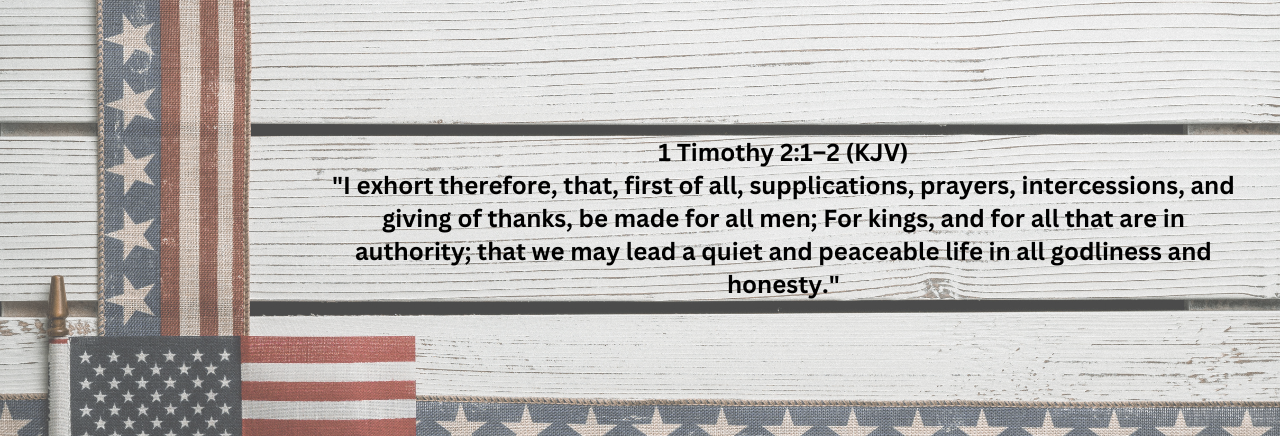
Our minds can drift like leaves on a stream. This wandering of thought, this meandering of consciousness—what does the ancient text say about such matters?
Solomon, in his wisdom, offers us a powerful admonition in Proverbs 4:23: “Keep thy heart with all diligence; for out of it are the issues of life.” The Hebrew word for “keep” here suggests not a passive watching but an active guarding—like a sentinel at the gates of a fortress, ever vigilant.
Why such vigilance?
Because the heart—or mind, as we might understand it today—directs everything we do. It’s the wellspring from which all actions flow. Kierkegaard once remarked that purity of heart is to will one thing. Yet how can we will one thing when our thoughts scatter like birds startled from their perch?
The verses that follow in Proverbs build upon this foundation: “Put away from thee a froward mouth, and perverse lips put far from thee. Let thine eyes look right on, and let thine eyelids look straight before thee. Ponder the path of thy feet, and let all thy ways be established. Turn not to the right hand nor to the left: remove thy foot from evil” (Proverbs 4:24-27).
Note the progression: guard the heart, control the mouth, direct the eyes, consider your steps. Our mental wanderings affect our words, what we choose to see, and where we choose to go.
The prophet Haggai put it succinctly: “Consider your ways!” (Haggai 1:5, 7). This isn’t mere suggestion but divine imperative.
In this time when screens glow in every corner and buzzing devices call for attention at all hours, Solomon’s advice rings with particular clarity. The mind that wanders unchecked may wander into dangerous territory. As Paul wrote to the Philippians, “Whatsoever things are true, whatsoever things are honest, whatsoever things are just, whatsoever things are pure, whatsoever things are lovely, whatsoever things are of good report; if there be any virtue, and if there be any praise, think on these things” (Philippians 4:8).
The undisciplined mind is like a house with doors flung open to every passing stranger. But the mind kept under the authority of Christ becomes a dwelling place for truth, beauty, and righteousness—a sanctuary rather than a thoroughfare.




Leave a Reply